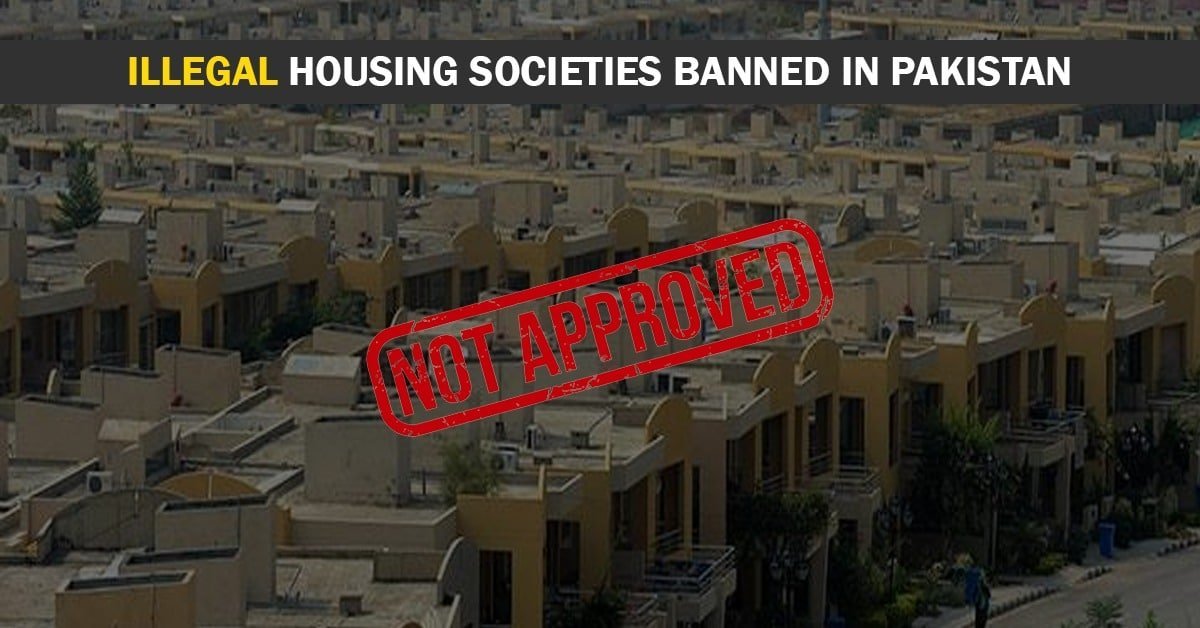Dr Imtiaz Nadeem
The property business in Pakistan is a lucrative but controversial sector that has both positive and negative impacts on the economy and society. On the one hand, the property business provides employment, income, and investment opportunities for many people, especially in urban areas. It also contributes to the development of infrastructure, services, and amenities that enhance the quality of life. On the other hand, the property business has been accused of causing damage to agriculture, manufacturing, and other businesses by diverting capital, land, and resources away from productive sectors. It has also been blamed for creating social problems such as income inequality, corruption, speculation, and environmental degradation.
Some of the main arguments for and against the property business in Pakistan are:
- The property business stimulates economic growth by increasing the demand for construction materials, labour, and services. It also generates tax revenue for the government and creates a multiplier effect on other sectors. According to a study by the World Bank, the real estate sector accounted for 6.4% of Pakistan’s GDP in 2019 and supported 7.2 million jobs.
- The property business distorts economic development by crowding out other sectors that have higher potential for value addition, innovation, and exports. It also creates an imbalance in the allocation of capital, as investors prefer to invest in land and buildings rather than in industries or agriculture. According to a report by PACRA, the real estate sector consumes over 40% of global energy annually, emits 20% of global greenhouse gas emissions, and uses 40% of raw materials.
- The property business provides housing and commercial space for the growing population and urbanization in Pakistan. It also offers affordable and accessible options for low-income groups through informal settlements and rental markets. According to a report by UN-Habitat, Pakistan has a housing deficit of 10 million units and an annual demand of 0.7 million units.
- The property business exacerbates housing and land inequality and insecurity in Pakistan. It also creates social conflicts and tensions between different groups over access to land and property rights. According to a report by UNDP, Pakistan ranks 152 out of 189 countries in terms of the human development index and has a Gini coefficient of 33.5, indicating high-income inequality.
- The property business enhances environmental sustainability by adopting green building practices, renewable energy sources, and waste management systems. It also promotes urban planning and design that improve livability, resilience, and adaptation to climate change. According to a report by UNEP FI, the real estate sector has a key role to play in implementing the Paris Climate Agreement and achieving the Sustainable Development Goals.
- The property business harms environmental sustainability by consuming natural resources, generating pollution, and contributing to climate change. It also causes land degradation, deforestation, biodiversity loss, and urban sprawl, which reduces ecosystem services and natural capital. According to a report by WWF, Pakistan is one of the most vulnerable countries to climate change impacts and has lost 43% of its forest cover since 1990.
Given these arguments, it is critical to rationalize the property business in Pakistan by ensuring that it serves the public interest rather than private profit. This can be done by:
- Regulating the property market to prevent speculation, corruption, fraud, and illegal transactions. This can be achieved by enforcing transparency, accountability, and the rule of law in the sector.
- Reforming the tax system to discourage hoarding, underutilization, and overvaluation of land and property. This can be done by imposing progressive taxes on property ownership, transactions, and capital gains.
- Supporting the development of other sectors that have higher productivity, competitiveness, and social benefits. This can be facilitated by providing incentives, subsidies, and infrastructure for industries, agriculture, and services.
- Promoting affordable and adequate housing for all segments of society. This can be realized by increasing the supply of low-cost housing units, improving the quality of informal settlements, and strengthening the rental market.
- Encouraging sustainable and inclusive urbanization that respects human rights and environmental standards. This can be ensured by adopting green building codes, renewable energy solutions, waste management systems, urban planning policies, and participatory governance mechanisms.
The property business can play a role in a sustainable economy if it aligns its objectives with the national vision and global agenda for sustainable development. This requires a paradigm shift from viewing property as a commodity to viewing it as a common good that serves social justice and ecological balance.
Lastly, it is more significant that all powerful institutions, organizations and departments are pursuing the property business. It is the fastest and easiest way of earning money than agriculture, business and manufacturing. Therefore, thumping investment is being made in the sector from top politicians to common individuals. Then, it is an artificial economy, and investment is not creating sustainable products. Therefore, it is critical to understand the dark side of the property business, and it must be regularized on priority.
















